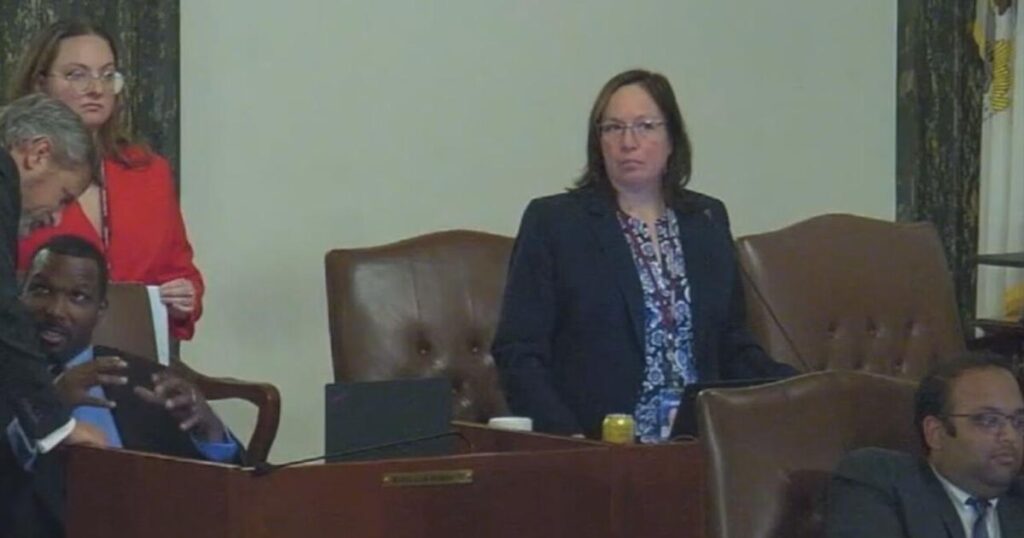
(The Center Square) – The legislature is ready to send a bill to Illinois Gov. J.B. Pritzker that removes the mandate that the Department of Children and Family Services must report newborn babies’ positive toxicology screens to law enforcement.
Senate Bill 3136 passed the Illinois General Assembly and will, according to opponents, disincentivize drug addicts from getting clean because it removes punitive provisions that take away birth mothers’ parental rights upon a newborn baby’s toxicology screen coming back positive.
State Sen. Steve McClure, R-Springfield, said the bill will actually deter drug addicts from seeking treatment. Opponents say allowing drug addicted mothers, who give birth to babies whose toxicology screens come back positive, to maintain their parental rights is not only dangerous but subverts accountability.
“These are tools not to punish mom, but these are tools for the best interest of these children. This [punitive provision] is to help mom and motivate mom to get better.” said McClure. “I am sure everyone has heard of a child born with substance exposure, horrible health issues have arisen.”
After giving birth to a newborn with narcotics in their system, the birth mother can argue her fitness as a parent at several hearings in order to regain her parental rights.
The bill’s sponsor, state Sen. Cristina Castro, D-Elgin, introduced the legislation because numerous studies have shown women who suffer from substance abuse avoid care based on concerns that clinicians will report them to the authorities.
“This bill will incentivize pregnant women who have substance-use disorders to seek out not only prenatal care but also seek out and stay in treatment recovery programs,” she said. “We do this by lifting two punitive policies negatively affecting families with substance-use disorders.”
Illinois state Sens. Chapin Rose, R-Mahomet, Cristina Castro, D-Elgin, and Steve McClure, R-Springfield, debate a measure to lift the mandate for the state’s child welfare agency to report positive toxicology results of newborns to law enforcement.
BlueRoomStream
The measure amends state law to remove positive toxicology at birth as a basis for finding unfitness for the purpose of terminating parental rights and removes a provision from state law requiring the Illinois Department of Children and Family Services to immediately report positive toxicology screens to law enforcement.
Castro said DCFS will continue to receive reports of babies who test positive for drugs at birth, but from there DCFS will determine the infant’s safety and well being before sending the report to authorities.
“It will not impact the court’s ability to act when a child is being abused or neglected. If the child’s care or environment is unsafe, the court may find the child is neglected based on the remaining provisions of the Juvenile Court Act,” said Castro.
Opponents argued that a baby testing positive for drugs at birth is proof the child is being neglected and abused and DCFS should be mandated to report that neglect and abuse to law enforcement.
State Sen. Chapin Rose, R-Mahomet, said this bill isn’t about pregnant women with a drug problem being in fear of seeking prenatal care because the only time authorities are alerted is when the baby is born with narcotics in his or her system.
“If that baby has been born with narcotics in their system and is addicted to drugs, the system should be activated. The system should be alerted because we as a society, it’s our job to protect that child … end of story,” said Rose.
According to the U.S. Department of Health and Human Services, nearly one in 12 newborns in the U.S. in 2020, or about 300,000 infants, were exposed to alcohol, opioids, marijuana or cocaine before they were born.
SB3136 has yet to be sent to the governor for further action.




